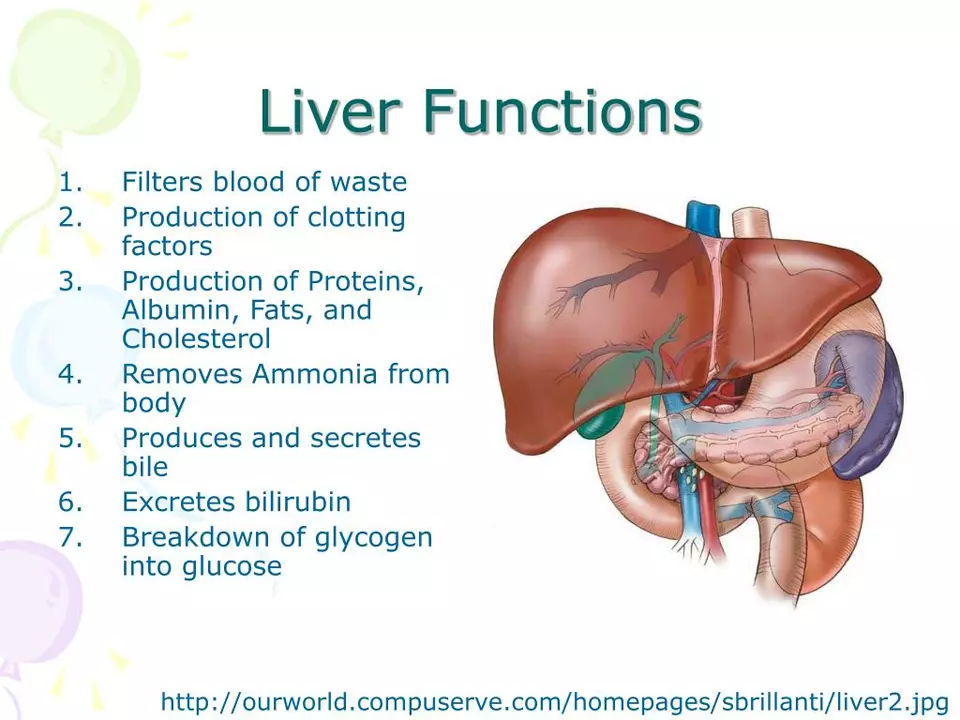Angioedema: What It Is and How to Tame It
If your face, lips, or throat suddenly puff up, you might be dealing with angioedema. It's a sudden swelling under the skin that can look scary but often has clear triggers.
What Triggers Angioedema?
Most cases show up after an allergic reaction to foods like peanuts or shellfish, medications such as ACE inhibitors, or insect bites. Some people have a hereditary form where the body overreacts to normal substances. Even stress or temperature changes can set it off for some folks.
The swelling usually hits deeper layers of skin, so you won’t see the red rash that comes with hives. That’s why many mistake it for just a puffy face and ignore warning signs.
Spotting Symptoms & Knowing When to Call 911
Typical clues are:
- Painful or tight feeling around the eyes, lips, tongue, or throat.
- Difficulty swallowing or speaking.
- Sudden drop in blood pressure if it spreads quickly.
If you notice any trouble breathing or your throat feels closed, treat it like an emergency. Call 911 right away – the swelling can block airways fast.
Quick Home Remedies While Waiting for Help
When the reaction isn’t life‑threatening but still uncomfortable, try these steps:
- Cool compress: Apply a cold pack wrapped in cloth to the swollen area for 10‑15 minutes. It can reduce swelling and numb pain.
- Antihistamine: An over‑the‑counter antihistamine like cetirizine (Zyrtec) or diphenhydramine (Benadryl) may help if the cause is allergic.
- Stay upright: Sitting up keeps swelling from moving toward your throat.
If you have a prescribed epinephrine auto‑injector for severe allergies, use it immediately and then seek medical care.
Long‑Term Prevention Tips
Knowing your triggers is the best defense. Keep a food diary, review any new meds with your doctor, and ask about alternative blood pressure drugs if ACE inhibitors are the culprit. Some people benefit from daily antihistamines or a short course of corticosteroids after an attack.
For hereditary angioedema, doctors may suggest C1‑esterase inhibitor replacement therapy or newer targeted medicines. Talk to your healthcare provider about testing if you’ve had several unexplained episodes.
When to Look for More Guidance
If you’re unsure whether a swelling episode is angioedema, or you want help picking the right medication, our site has detailed drug guides – from antihistamines to prescription options. Use those resources to compare safety and price before buying online.
Remember, most angioedema attacks are manageable if you act fast. Keep emergency meds handy, know your triggers, and don’t hesitate to get professional help when breathing gets tight.

The Role of the Liver in Angioedema
As a blogger, I've recently been researching the role of the liver in angioedema. I discovered that the liver plays a crucial part in the production of proteins that regulate blood vessel permeability, which can affect angioedema symptoms. I also learned that liver dysfunction can lead to an imbalance of these proteins, potentially worsening the condition. It's fascinating to see how various organs in our body are interconnected and how important it is to maintain liver health. I'll definitely keep exploring this topic and share more updates with you all!
Read More